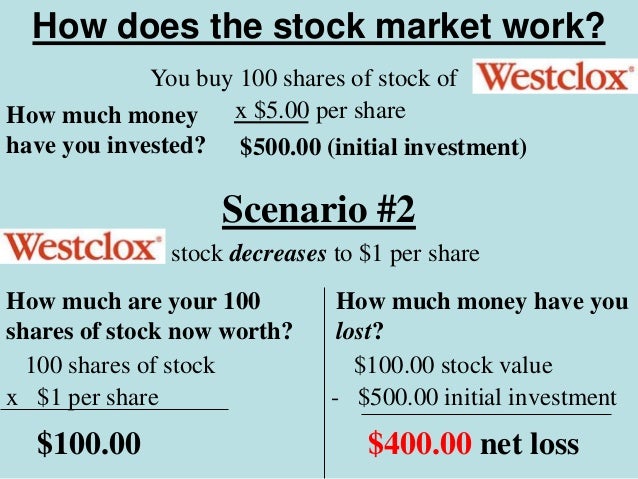If the idea of buying the stock market frightens you, you are not alone. People with really restricted experience in stock investing are either terrified by horror stories of the average financier losing 50% of their portfolio valuefor example, in the 2 bearishness that have currently happened in this millennium or are beguiled by "hot ideas" that bear the pledge of big rewards but seldom settle.
The reality is that investing in the stock market carries threat, but when approached in Homepage a disciplined manner, it is among the most efficient methods to develop one's net worth. While the value of one's home typically accounts for the majority of the net worth of the average specific, the majority of the affluent and really rich generally have most of their wealth purchased stocks.
Secret Takeaways Stocks, or shares of a company, represent ownership equity in the firm, which provide investors voting rights as well as a residual claim on business profits in the form of capital gains and dividends. Stock exchange are where individual and institutional financiers come together to buy and offer shares in a public venue.

For instance, an individual or entity that owns 100,000 shares of a company with one million exceptional shares would have a 10% ownership stake in it. Many business have impressive shares that encounter the millions or billions. Typical and Preferred Stock While there are 2 main kinds of stockcommon and chosenthe term "equities" is associated with typical shares, as their combined market worth and trading volumes are many magnitudes bigger than that of favored shares.
Preferred shares are so named since they have choice over the typical shares in a company to receive dividends in addition to possessions in case of a liquidation. Common stock can be further categorized in terms of their voting rights. While the fundamental facility of common shares is that they must have equivalent voting rightsone vote per share heldsome companies have double or several classes of stock with different ballot rights connected to each class.